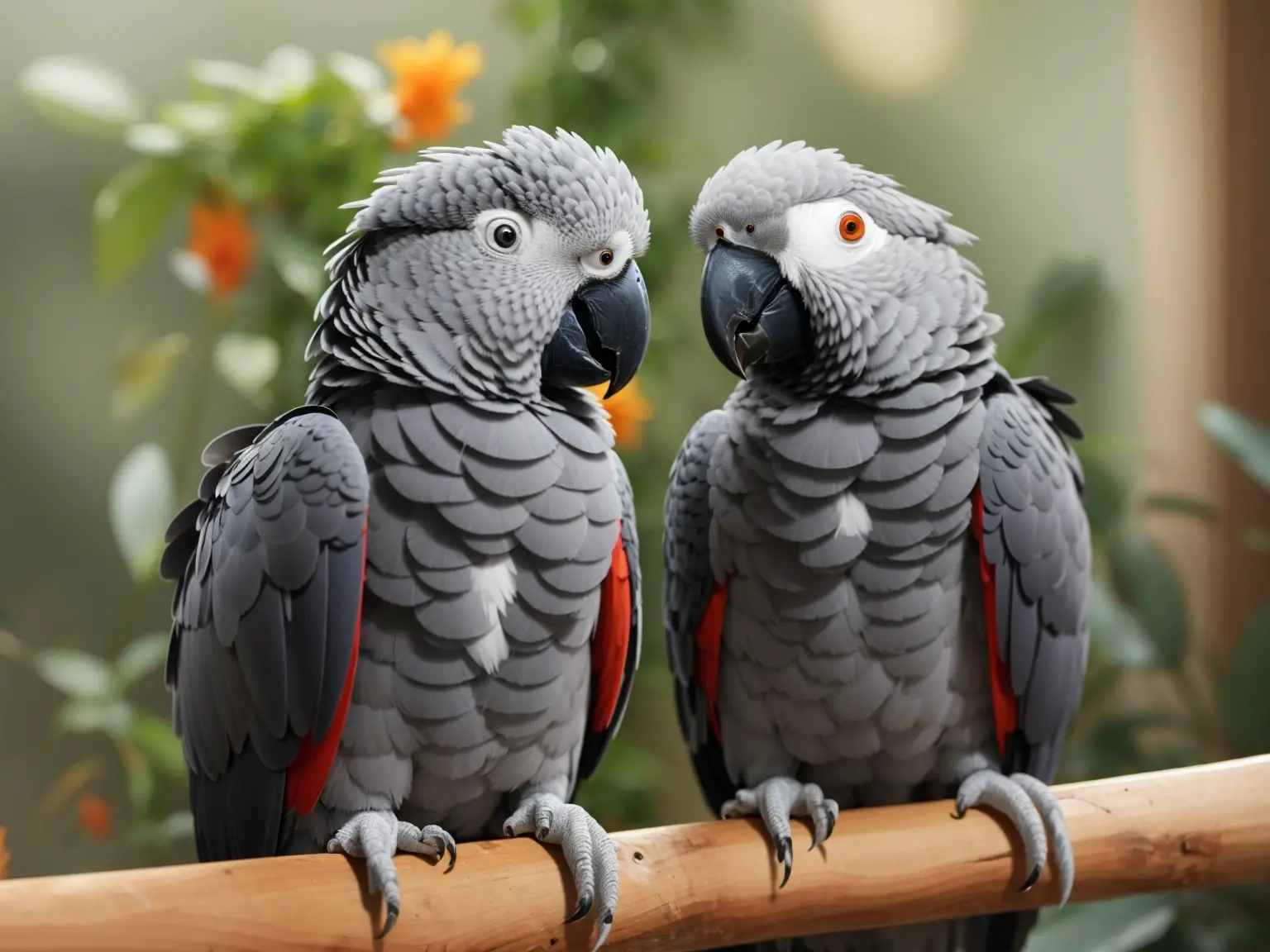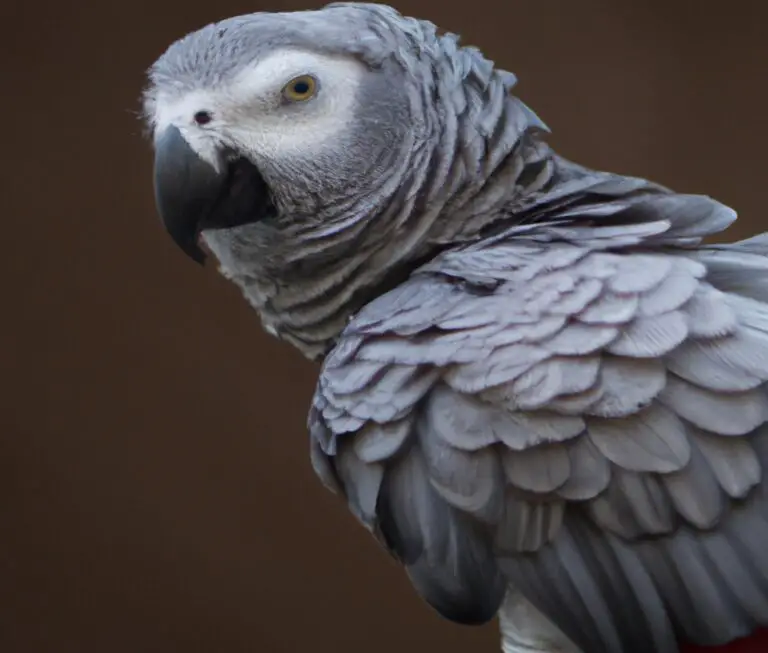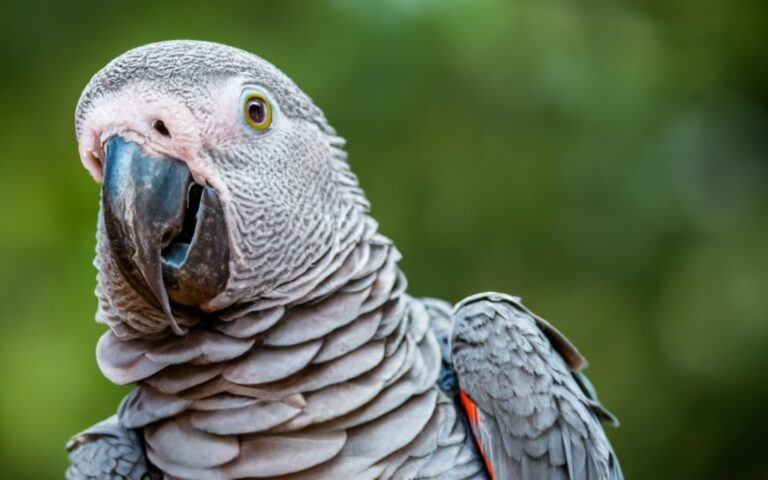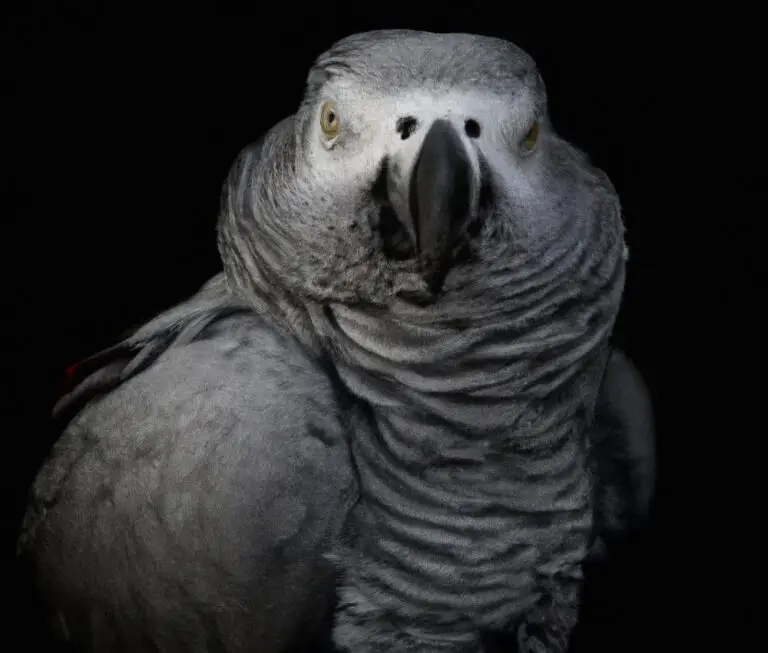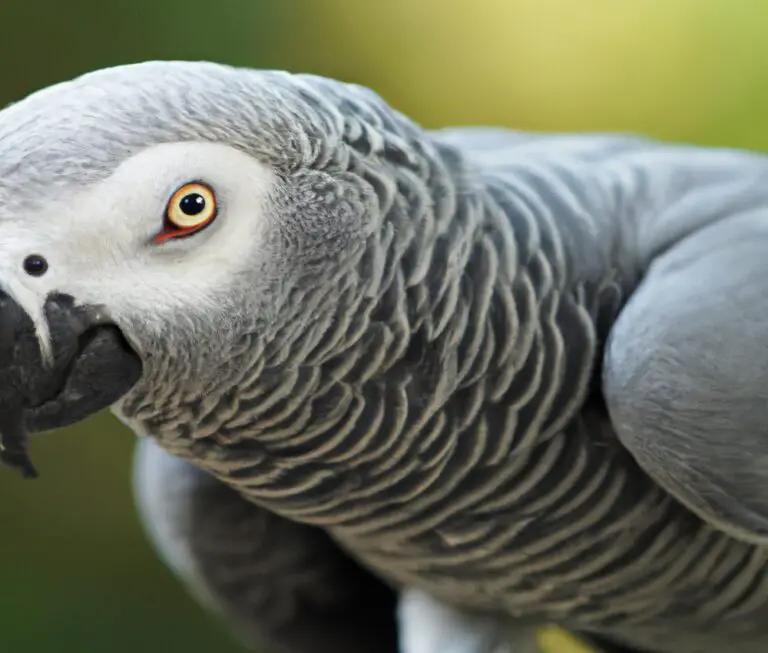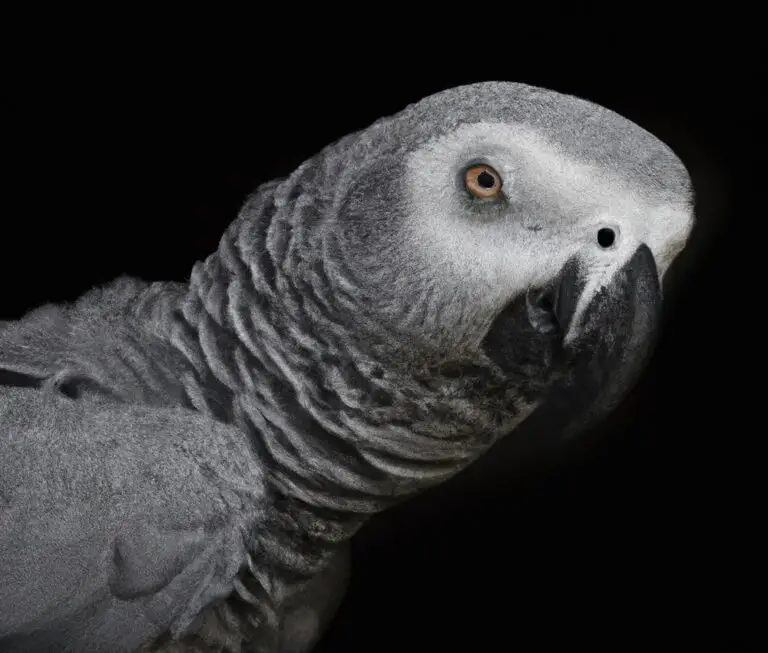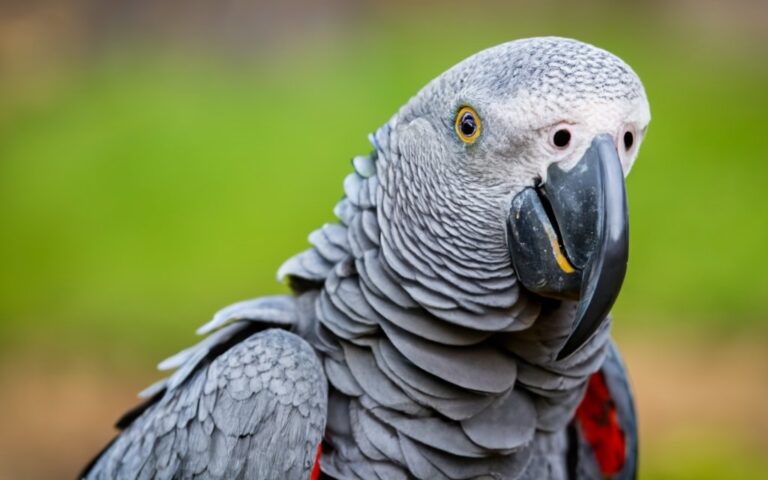Can African Grey Parrots Eat Honey?
Key Takeaways:
- African grey parrots can safely consume honey in moderation.
- Honey provides essential nutrients for African grey parrots.
- Honey should be given as an occasional treat and not a regular part of their diet.
- It’s important to ensure the honey is raw and free of additives or preservatives.
Are you a proud African Grey Parrot owner, eager to make sure your feathered friend gets the best possible nutrition?
Well, you’ve come to the right place! Today, we’re diving into the age-old question: can African Grey Parrots eat honey?
As an avian enthusiast myself, I understand the importance of a well-balanced diet for these intelligent and beautiful creatures.
In this article, we’ll explore the background of African Grey Parrots, their dietary needs, and the potential benefits and risks of incorporating honey into their meals.
So, buckle up and get ready to discover the sweet truth about honey and our beloved African Grey Parrots!
| Yes | No | |
| African Grey Parrots | ✅ | ❌ |
Understanding African Grey Parrots
African Grey Parrots: Get to know these intelligent and fascinating birds.
Background of African Grey Parrots
African Grey Parrots are highly intelligent birds that are native to the rainforests of West and Central Africa. They are known for their exceptional talking and mimicking abilities.
These parrots have a lifespan of up to 60 years and require a lot of mental stimulation and social interaction.
They have a complex diet consisting of fruits, seeds, nuts, and vegetation in the wild. African Grey Parrots are popular pets due to their intelligence and ability to form strong bonds with their human caretakers.
Diet and Feeding Habits of African Grey Parrots
African Grey Parrots have a diverse diet that consists mainly of fruits, vegetables, seeds, and nuts. It’s important to provide a variety of foods to ensure they receive all the necessary nutrients.
Additionally, fresh water should always be available.
Avoid feeding them foods high in fat, salt, or sugar. Regularly monitor their weight to prevent obesity.
It’s also worth noting that some foods, like avocados and chocolate, are toxic to African Grey Parrots and should be avoided.
Nutritional Needs of African Grey Parrots
African Grey Parrots have specific nutritional needs to thrive. Their diet should primarily consist of high-quality pellets, supplemented with fresh fruits, vegetables, and a small amount of seeds or nuts.
Calcium-rich foods like kale and broccoli are important, as well as sources of Omega-3 fatty acids like flaxseed.
It’s crucial to avoid feeding them toxic foods like avocado, chocolate, caffeine, and alcohol. Providing a balanced and varied diet is key to keeping your African Grey Parrot healthy and happy.
The Honey Debate for African Grey Parrots
There is ongoing debate about whether African Grey Parrots can safely consume honey.
Overview of Honey
Honey is a natural and sweet substance produced by bees from the nectar of flowers. It is widely consumed by humans and has various potential benefits, including antioxidant properties and soothing effects on sore throats.
However, it is important to note that honey should be given to African Grey Parrots in moderation due to its high sugar content.

Natural Diet of African Grey Parrots
The natural diet of African Grey Parrots consists primarily of fruits, vegetables, nuts, seeds, and some protein sources like insects or eggs.
They require a balanced diet to meet their nutritional needs, including a variety of food items such as leafy greens, berries, apples, carrots, and legumes.
Feeding a diverse range of natural foods helps ensure optimal health and well-being for these intelligent birds.
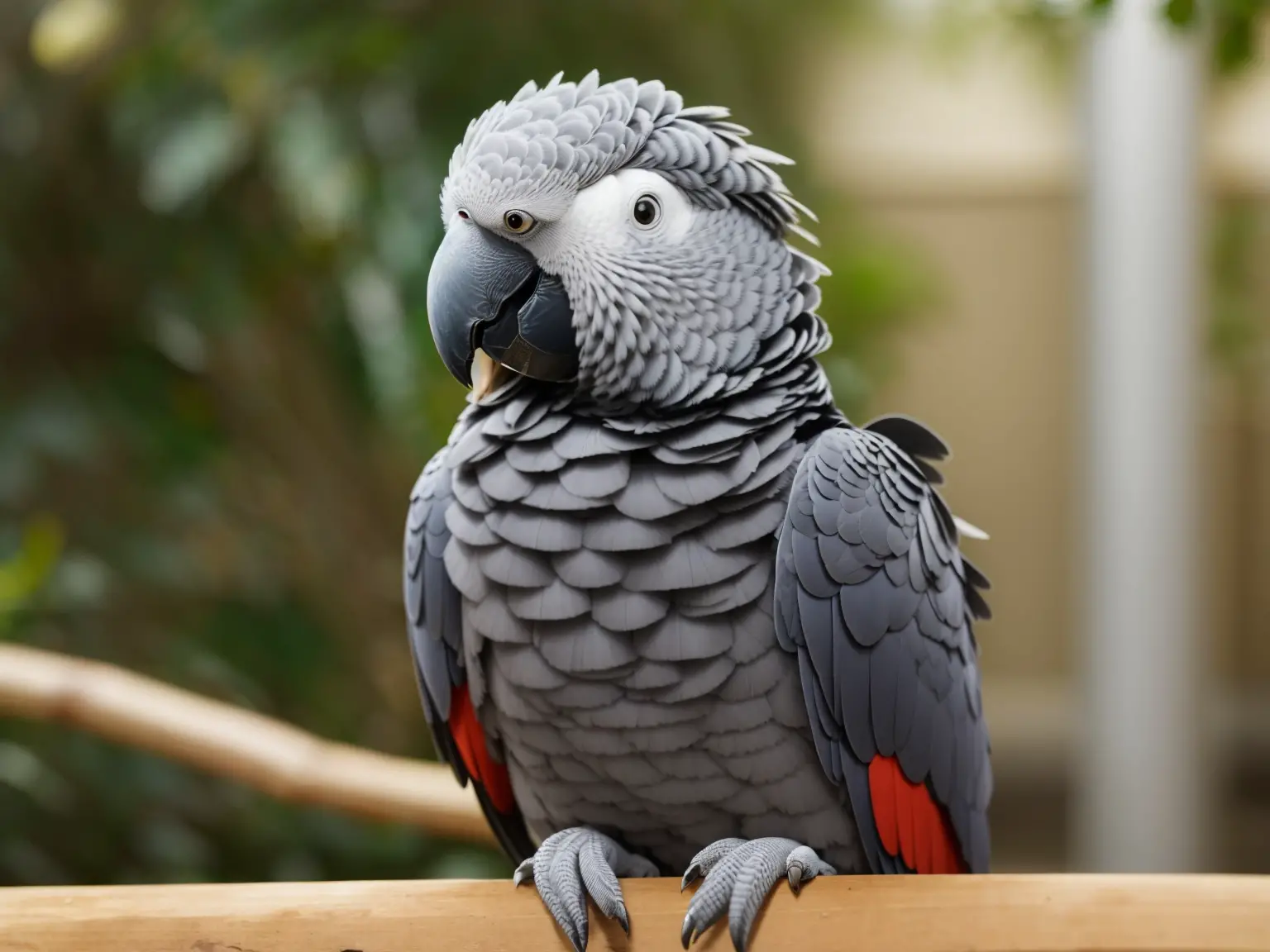
Risks and Considerations
Before feeding your African Grey Parrot honey, it’s important to be aware of the potential risks and considerations.
High Sugar Content in Honey
Honey has a high sugar content, which can be risky for African Grey parrots. Excessive sugar can lead to obesity, diabetes, and other health issues.
It’s best to avoid giving honey as a treat.
Opt for safer sweeteners like small amounts of fresh fruits instead.
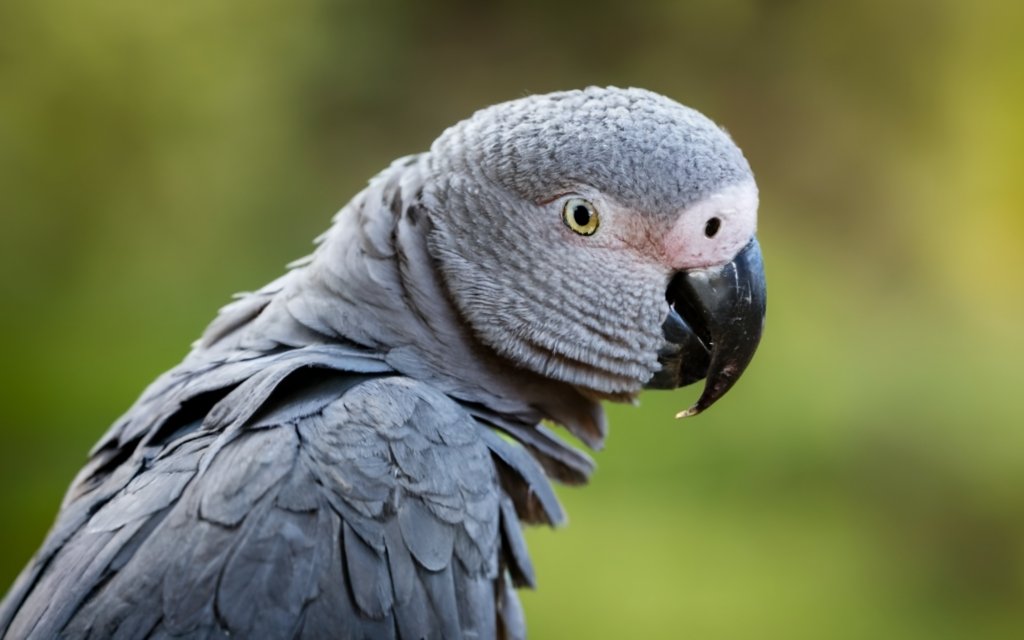
Effect on Digestive System of African Grey Parrots
Honey can have negative effects on the digestive system of African Grey Parrots. Their digestive systems are not designed to process high amounts of sugar, and consuming honey can lead to imbalances in their gut flora and potentially cause gastrointestinal issues.
It’s best to avoid feeding honey to African Grey Parrots to ensure their digestive health.
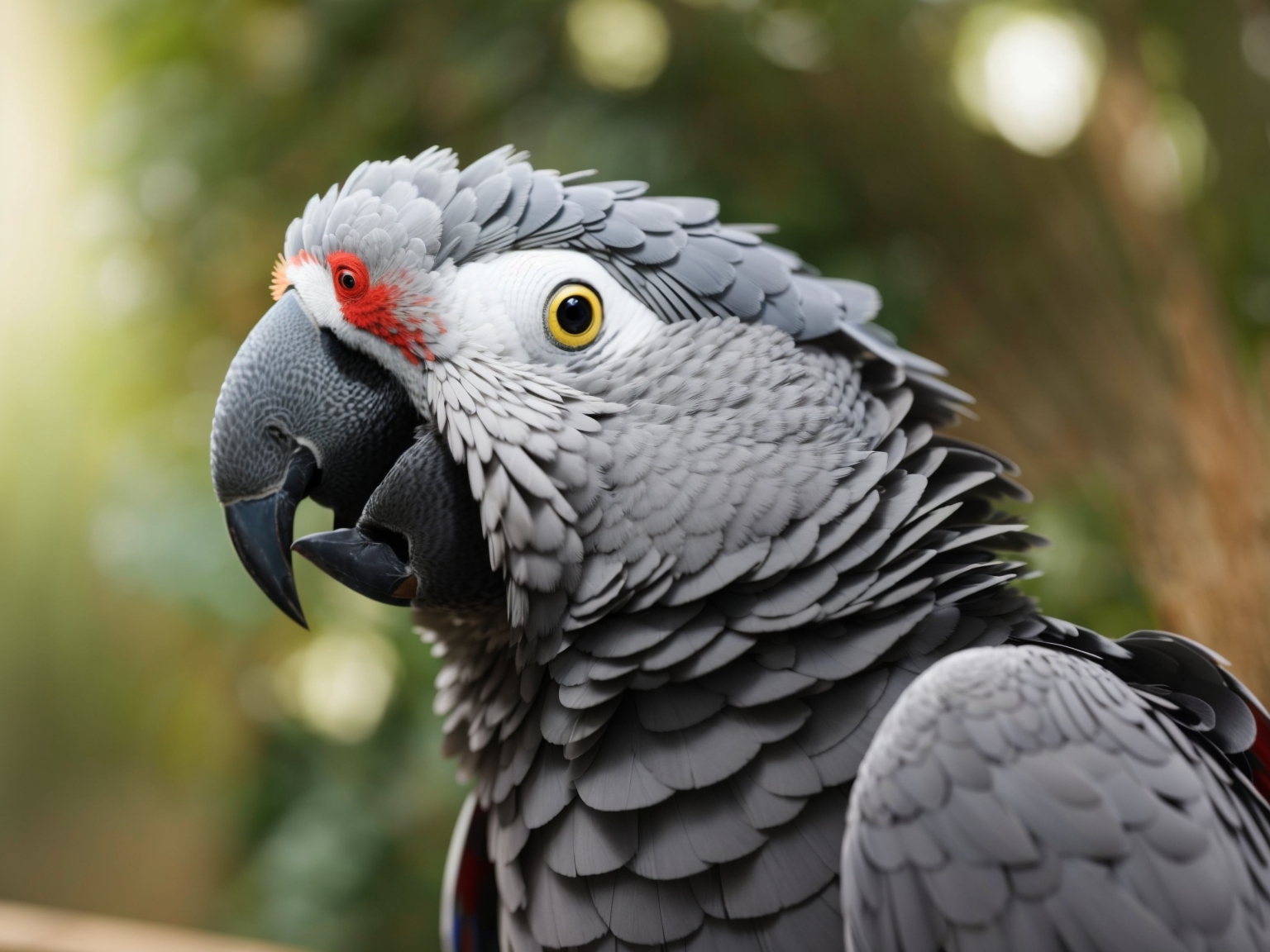
Alternative Natural Sweeteners for African Grey Parrots
If you’re looking for alternative natural sweeteners for African Grey Parrots, there are a few options that can be safely included in their diets.
Safe Sweeteners for African Grey Parrots
When it comes to safe sweeteners for African Grey Parrots, it’s important to stick to natural options. Some safe sweeteners for these parrots include:
- Stevia: This natural sweetener derived from the stevia plant is a safe choice for African Grey Parrots. It contains no calories and has a sweet taste.
- Dried fruits: These can be a great natural sweet treat for African Grey Parrots. Just make sure to remove any seeds or pits, as they can be harmful.
- Coconut sugar: This natural sweetener, made from the sap of coconut palm trees, is another safe option for African Grey Parrots. It has a lower glycemic index than regular sugar.
Remember to always offer sweeteners in moderation as part of a balanced diet.
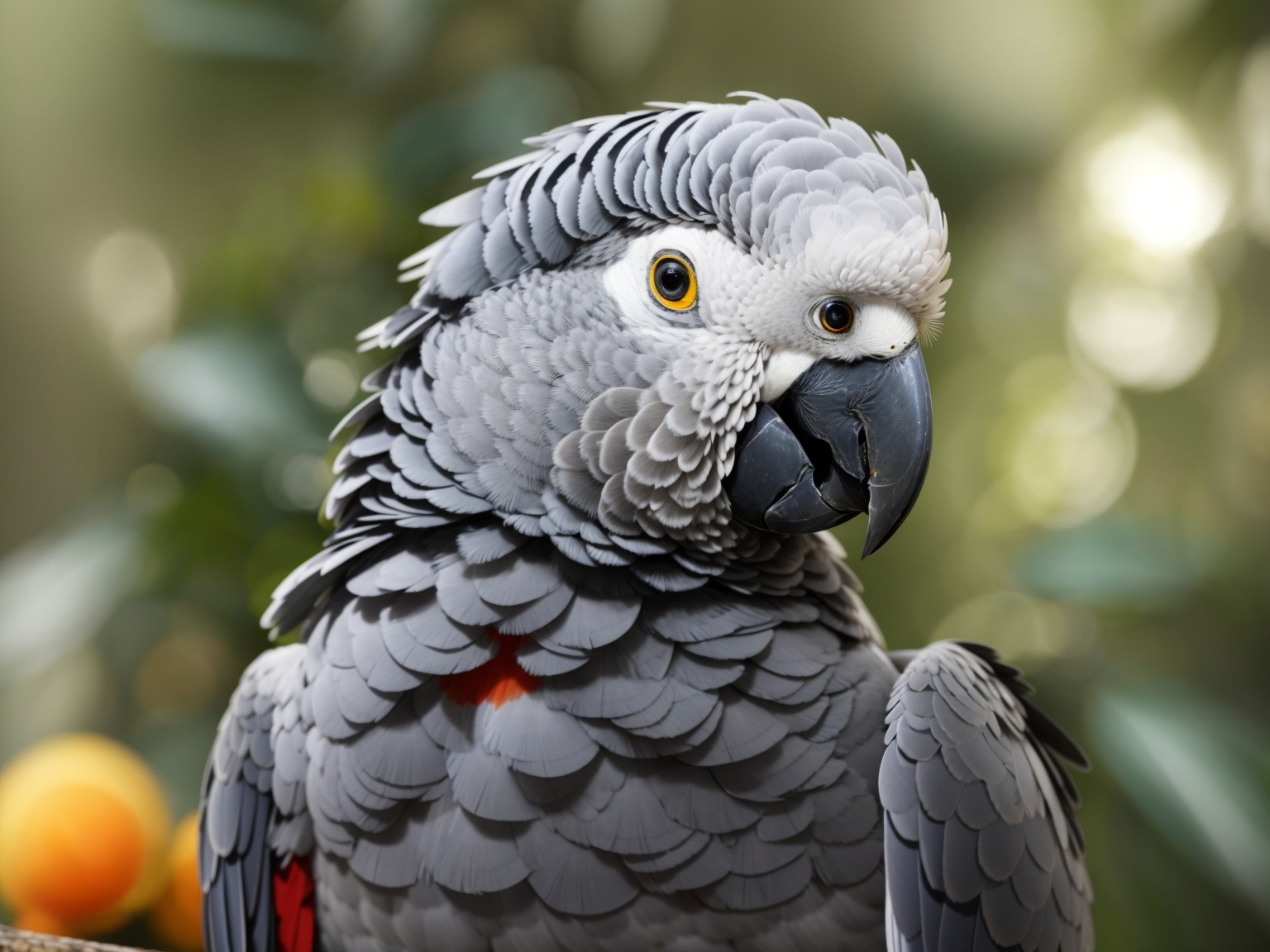
Natural Foods to Supplement Parrot Diets
When it comes to supplementing the diets of African Grey Parrots, there are several natural foods that can be beneficial. These include:
- Fresh fruits and vegetables: Offer a variety of safe options like apples, bananas, carrots, and leafy greens. These provide essential vitamins, minerals, and fiber.
- Nuts and seeds: Almonds, walnuts, and pumpkin seeds are rich in healthy fats and protein. However, offer them in moderation due to their high fat content.
- Legumes and grains: Cooked lentils, quinoa, and brown rice provide additional protein and carbohydrates. Make sure they are thoroughly cooked to aid digestion.
- Herbs and spices: Parsley, cilantro, and turmeric can be sprinkled on food for added flavor and potential health benefits.
Remember, it’s important to offer a balanced diet that includes these natural foods, along with a good quality pellet or seed mix. Always introduce new foods gradually and monitor your parrot’s response to ensure their well-being.
Appropriate Treats for African Grey Parrots
When it comes to treats for African Grey Parrots, there are some important considerations to keep in mind.
Healthy Treat Options for African Grey Parrots
Healthy treat options for African Grey Parrots include:
- Fresh fruits such as apples, oranges, and berries (remove seeds and pits.
- Vegetables like carrots, broccoli, and leafy greens.
- Nutritious nuts such as almonds and walnuts (in moderation.
- Whole grains like quinoa and brown rice.
- Cooked eggs (hard-boiled or scrambled.
Remember to offer treats in small portions and as part of a balanced diet to ensure your African Grey Parrot’s overall health.
Ensure Balanced Nutrition for African Grey Parrots
In order to ensure balanced nutrition for African Grey Parrots, it is important to provide a variety of foods that meet their specific dietary needs. This includes a base diet of high-quality pellets or formulated feeds, supplemented with fresh fruits, vegetables, and healthy treats.
It is crucial to avoid foods that are toxic to parrots, such as chocolate or avocado.
Additionally, monitoring portion sizes and avoiding excessive amounts of high-sugar or fatty treats is important for maintaining their overall health.
Frequently Asked Questions
Can African Grey Parrots Eat Fruit?
Yes, African Grey parrots can eat fruit! Fruit is a nutritious addition to their diet and provides essential vitamins and minerals. Some safe options include apples, bananas, grapes, and berries.
Just remember to offer it in moderation and remove any seeds or pits before serving.
Can African Grey Parrots Eat Chocolate?
No, African Grey Parrots should not eat chocolate. Chocolate contains theobromine, a substance that is toxic to birds.
Consuming chocolate can lead to various health issues including digestive problems, increased heart rate, and even death.
It’s best to avoid giving chocolate to African Grey Parrots and stick to their natural and safe diet.
What Foods are Toxic for African Grey Parrots?
Some foods that are toxic for African Grey Parrots include:
- Avocado: The skin, flesh, and pit of avocados can be harmful to parrots.
- Chocolate: Contains theobromine, which is toxic to birds.
- Caffeine: Found in coffee, tea, and some sodas, caffeine can be dangerous for parrots.
- Alcohol: Alcoholic beverages should never be given to parrots.
- Onions and garlic: These can cause anemia and damage red blood cells in parrots.
It’s important to avoid feeding these foods to African Grey Parrots to ensure their health and well-being.
Final Verdict
While honey may seem like a natural treat for African Grey Parrots, it is important to exercise caution. African Grey Parrots have specific dietary needs that should be met with a balanced and nutritious diet.
The high sugar content in honey can potentially disrupt their digestive system and lead to health issues.
Instead of honey, consider incorporating safe and natural alternatives like stevia or agave syrup. Additionally, providing a variety of fresh fruits and vegetables as treats can add nutritional value to their diet.
Remember, always prioritize the health and well-being of your feathered friends by consulting with a veterinarian for personalized dietary recommendations.

